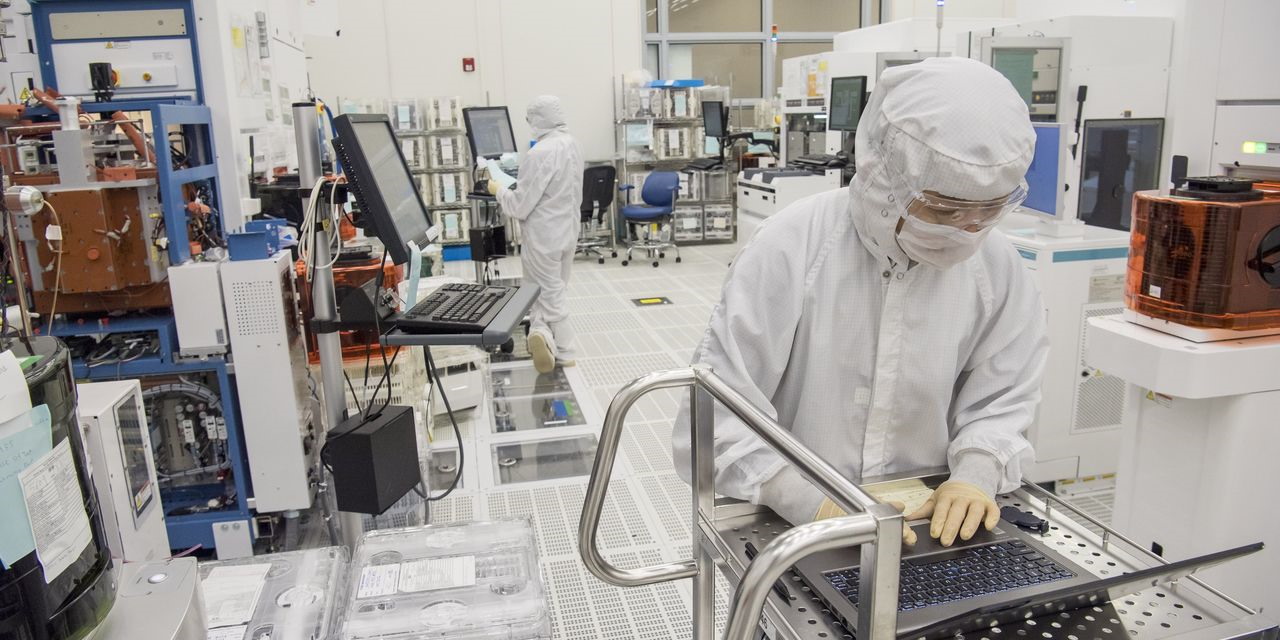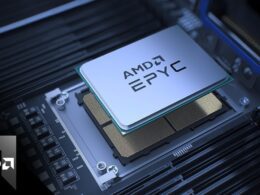Industry association SEMI Europe is urging the European Union (EU) to consider export restrictions on semiconductors as a last resort measure. This caution comes as a response to the EU’s continuous attempts to emulate the US, the indisputable trendsetter in imposing sanctions, which could pose a greater detrimental impact on their economic interests than contribute to enhancing national security.
SEMI Europe’s Position Statement
As Reuters explains, SEMI Europe’s position statement was released this week in response to the European parliament’s ongoing discussions since January on a set of measures aimed at restraining China’s technological development and protecting the EU’s economic interests. Representatives of the European semiconductor industry make clear that free-trade agreements offer a more secure option in the event of geopolitical crises than imposing restrictive measures.
Market Participants and Trade Freedoms
SEMI Europe members maintain that market participants should have the utmost freedom in trade and investment decisions, warning that restrictions may risk losing essential flexibility and opportunities for development. The EU plans to standardize export requirements for chips and semiconductor technologies across member countries, as well as introduce general restrictions on foreign investments in European companies, and vice-versa. The association’s members include NXP, ASML, Infineon, and STMicroelectronics, as well as various European research institutions specializing in semiconductors.
Concerns over Investment Restrictions
European manufacturers are particularly wary of possible restrictions on investments in the regional semiconductor industry. Such concerns emerge as Intel and TSMC plan to pursue two major factory construction projects in Germany, which legally fall under foreign investments in the sector. Although local authorities are set to provide substantial subsidies for these manufacturers, extra bureaucratic barriers could potentially impede the timely realization of these projects.





